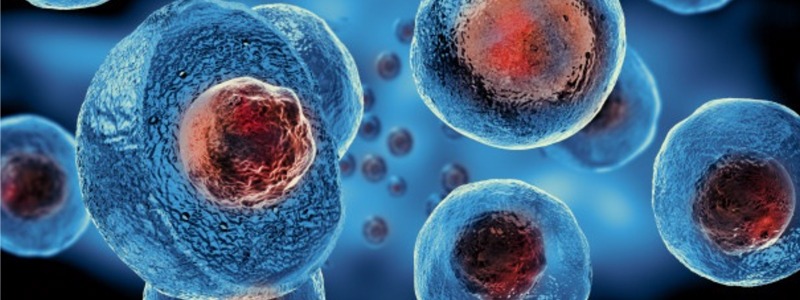BY: SAMANTHA BARTLETT, DVM
Gliomas are tumors of glial cells, the support cells in the spinal cord and brain. Gliomas are the second most common type of CNS tumor in dogs. Median survival time in dogs treated with radiation is 9-14 months. Gliomas in dogs come in three forms: oligodendroglioma, astrocytoma or undefined glioma. Each type is further characterized as high or low grade based on microscopy.
The study of canine glioma behavior has implications for human gliomas as both cancers share similar characteristics. Immunotherapy, used to treat many types of cancers, has as yet been unsuccessful in treating glioma. Researchers believe gliomas act to suppress the immune system to allow further tumor growth and this may interfere with immunotherapy.
Researchers at NC State College of Veterinary Medicine set out to determine further the relationship between immune function and gliomas. They found that regulatory T lymphocytes (Tregs) and M2-polarized macrophages are found in higher quantities in high-grade tumors in comparison to low-grade tumors. Tregs act to inhibit immune response, which serves to prevent auto-immune reactions in otherwise healthy individuals. Some cancers have the ability to use Tregs to prevent the immune system from attacking cancer cells allowing the cancer to grow and spread. Polarized macrophages have two phenotypes, M1 and M2. M1-polarized macrophages have pro-inflammatory and anti-tumor functions whereas M2 macrophages are the opposite. Using these findings, the researchers hypothesize that the immune suppression that occurs in canine glioma is driven at least in part by Tregs and M2-polarized macrophages.
The hypothesis will require further research before it can become definitive. However, researchers are hopeful their findings can help develop immunotherapies that target Tregs or macrophages to help both dogs and humans with gliomas.
The research results conducted by the team at NC State College of Veterinary Medicine was published in the July 2021 edition of Veterinary Pathology. Immunohistochemical evaluation of immune cell infiltration in canine gliomas.; 030098582110239 DOI: 10.1177/03009858211023946











